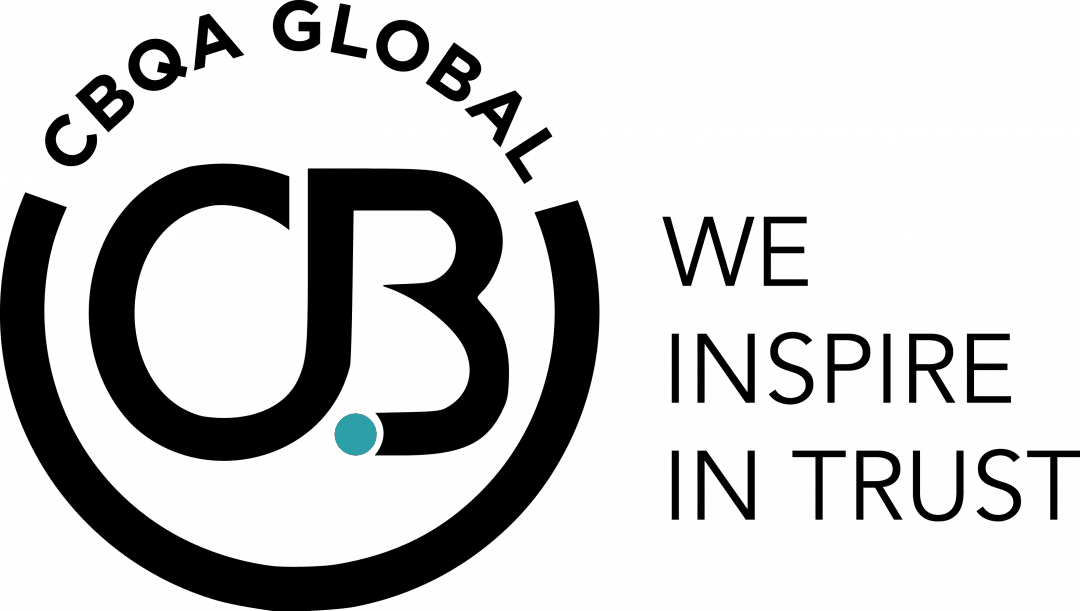
Validation
Validation is applied when the emissions, removals and/or storage will occur in the future, and the validator can obtain sufficient evidence that the emissions, removals and/or storage are likely to occur, and the design of the data management systems, including the controls, are
likely to be effective
Validation
Validation is applied when the emissions, removals and/or storage will occur in the future, and the validator can obtain sufficient evidence that the emissions, removals and/or storage are
likely to occur, and the design of the data management systems, including the controls, are
likely to be effective


Verification
Verification is applied when the emissions, removals and/or storage are historical, and the verifier can obtain sufficient evidence about the emissions, removals and/or storage, and if a controls approach is used or a limited level of assurance is applied, the verifier has access to the controls for testing
Frequently Asked Questions
Quantitative: A category of finding which is called as misstatement: Material >5% and Not material <5%’
Qualitative: category of finding which is called as non-conformity: Material as root causes, Not materia
- Error in emission factor (EF) calculation, global warming potential (GWP).
- Careless in incomplete data inventory, uncounted emission sources.
- Miss-report: Improper of GHG Category
- Miss-presentatio
- Unmeasurable of intangible issues which affect GHG statement/opinion.
- Control system: calibration of equipment and tools
- Unreliable information system
- Disobedience to regulation
- Difficulty to access information


